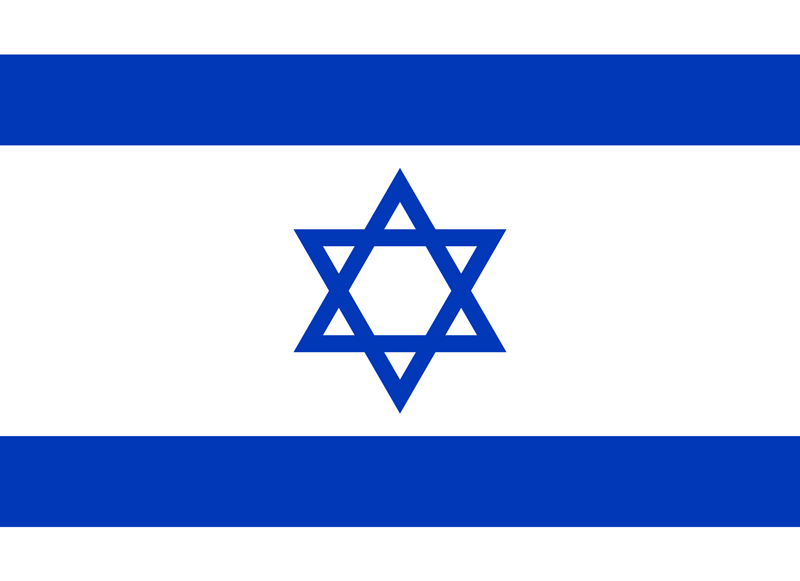Maybe to add here, the thing with all the cases you mentioned above (or probably majority of them) is there was a clear consensus who was on the right and who on the wrong side.
If, for example, Israel did not start military operations after the terrorist attack in October (and killed thousands of Palestinians) sending a song like October Rain would have been, probably, ok, because Israel would have been the only victim.
Nobody blamed France for the song in 2015 (I guess the song was about terrorist attacks in France that happened prior to ESC, but I am not quite sure - or even about WW1) because we had one side that was the victim - what Israel is trying to do with Eurovision this year is to wash the blood from their hands post-October attacks. And that is why lyrics like October Rain are problematic and actually very political- there is no sincerity behind it, but politics. The line is thin, but with some in-depth analysis it is easy make distinction.
Another example is Armenian entry in 2015 - many were angry when Armenia had to change the title of the song. But, Armenia crossed the line (another thin line) because the song was not created to serve as a memory or to remind us about the Armenian victims: the name of the song was a clear reference to today's Turkey and their politics. Turkey is the one that denies Armenian genocide and the song served only for that purpose.
Some will tell "Well, Ukraine had a song in 2016 about Tatars under Stalin". But, that song was not, at least, directly pointing the finger toward Russia, but towards USSR, the country that is no more. And again, there is a general consensus Stalin's policies were genocidal and against humanity. Almost a universal consensus - that is why 1944 lyrics were not problematic.
We can go on and on, but the point is each song (with some political connotations) should be observed individually. We have many comments "1944 vs October Rain", mostly by Israeli fans. Such comparisons are not only irrelevant and subjective, but also manipulative.

